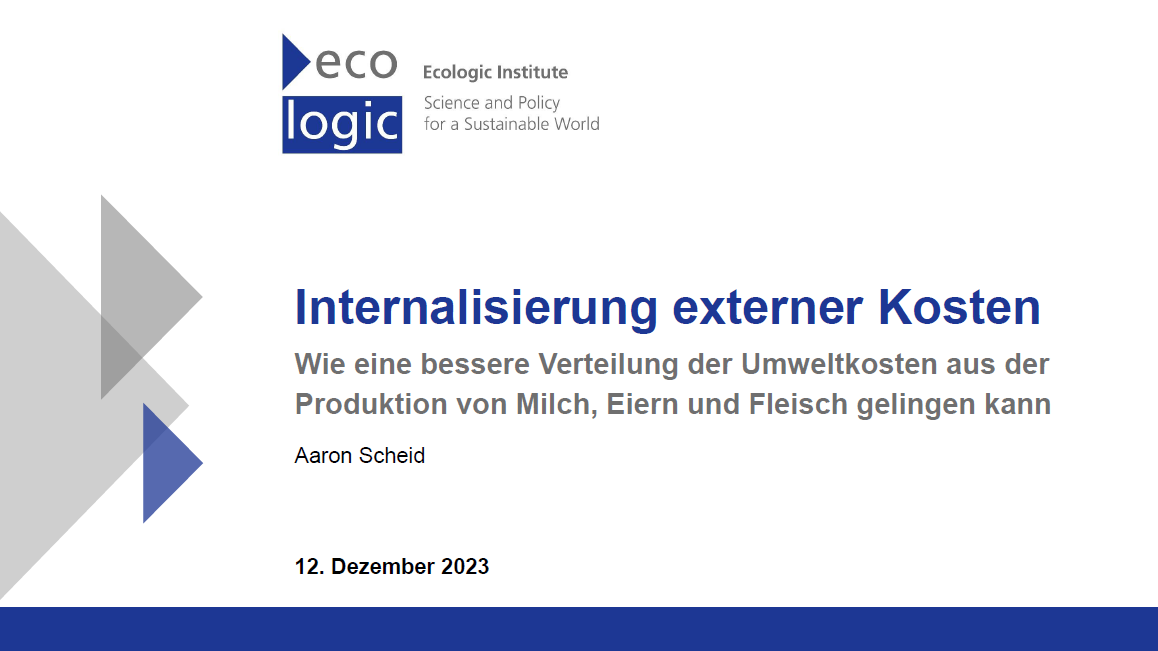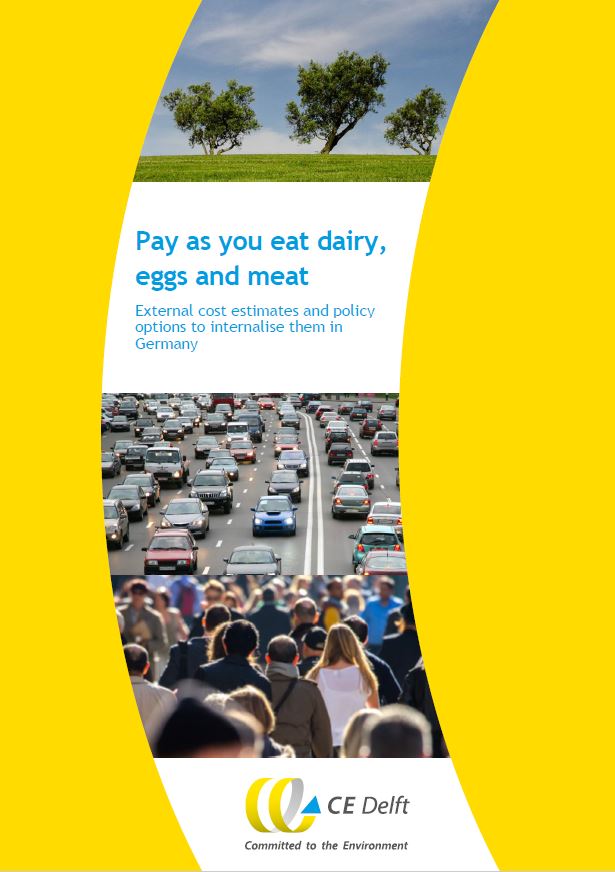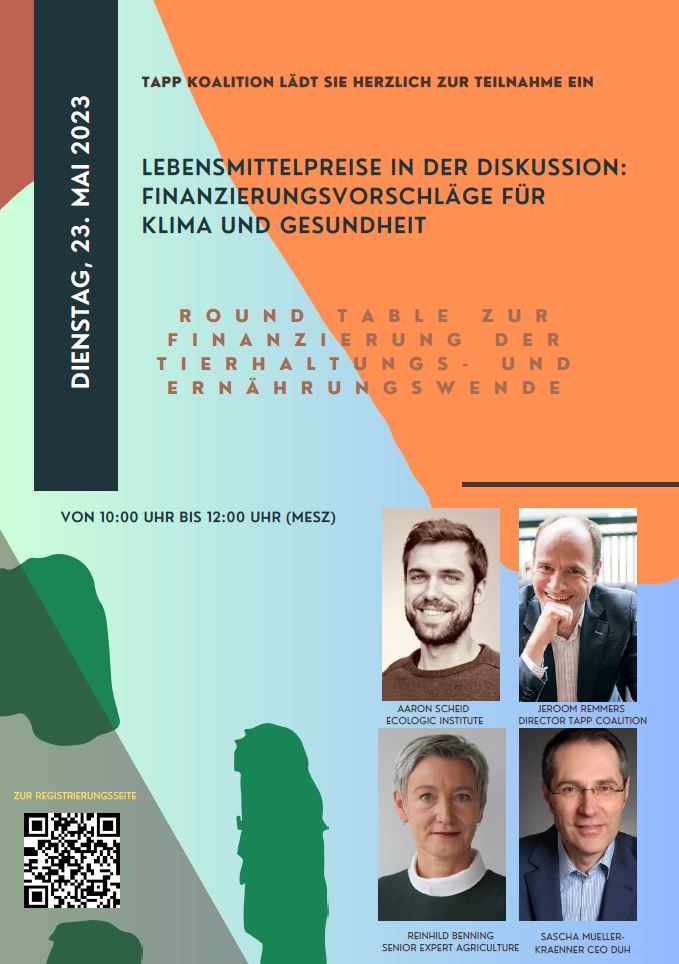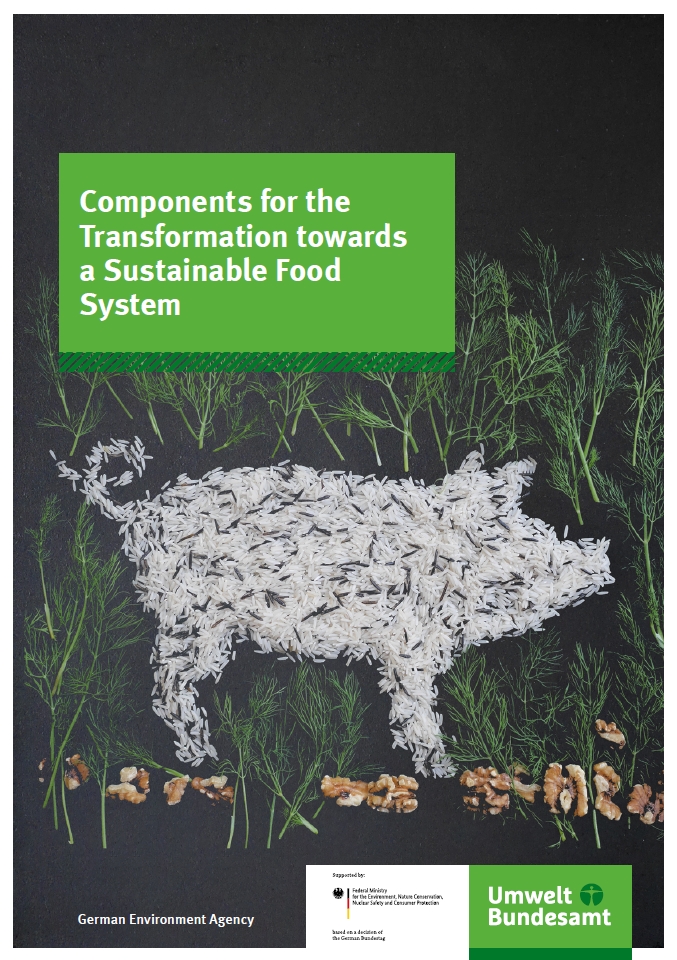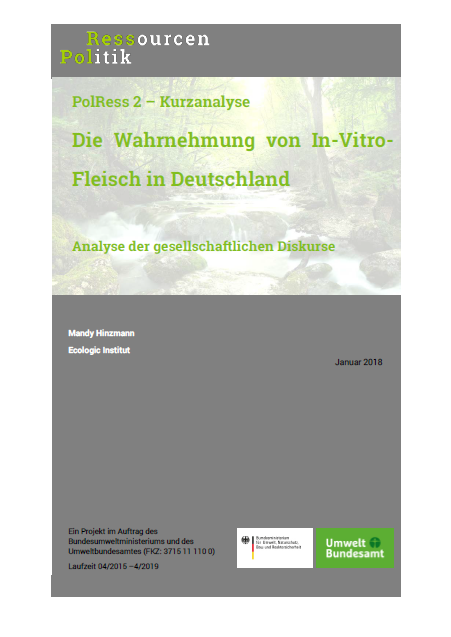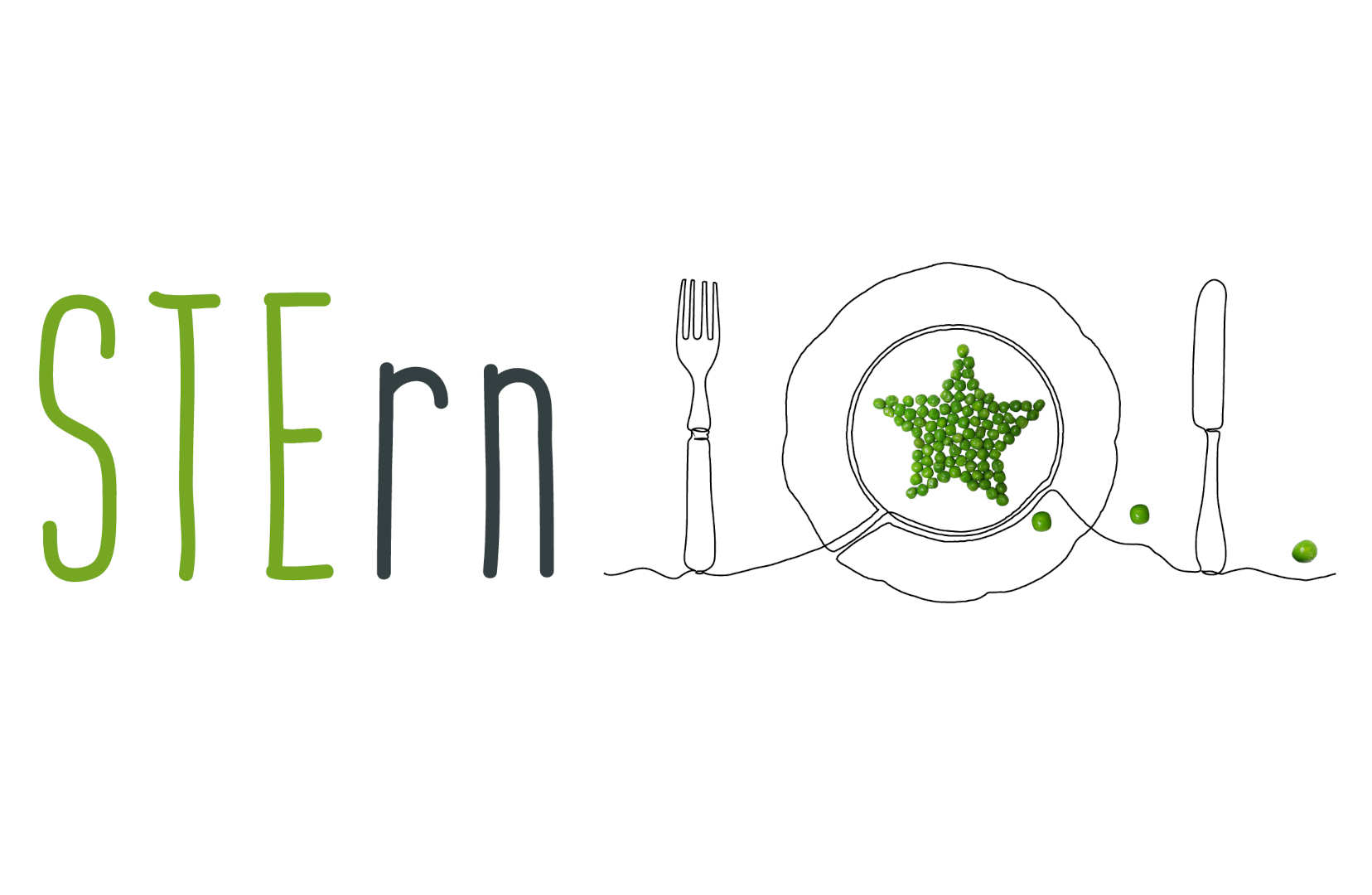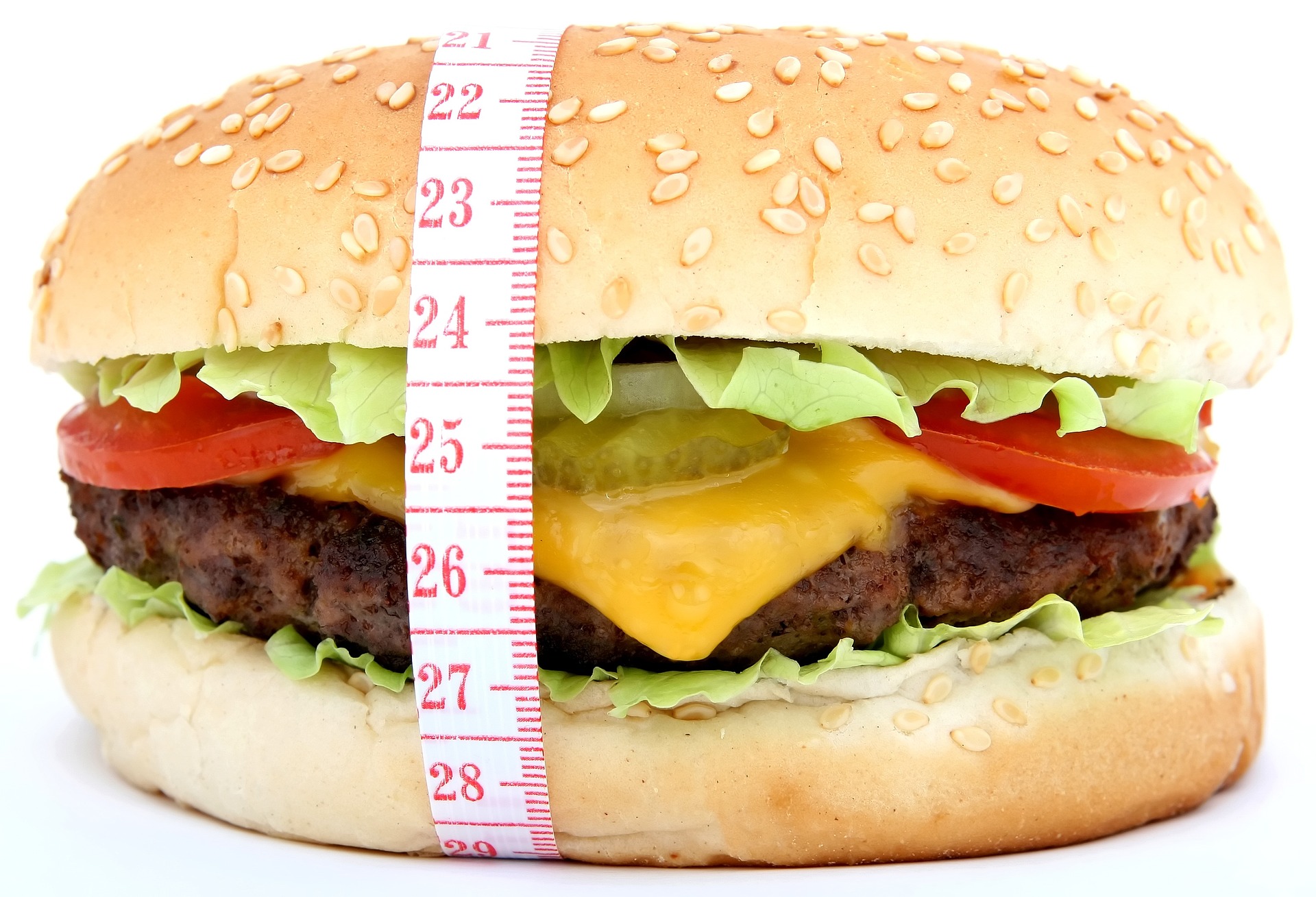The Hidden Costs of Animal-based Diet and How to Distribute Them Better
True cost accounting
- Presentation
- Date
-
- Location
- Berlin, Germany
- Speech
As part of an parliamentary evening at the Ursprung restaurant on 12 December 2023, Aaron Scheid presented an analysis of the environmental and economic impact of animal-based food production, the hidden environmental costs and how to distribute them more effectively.
Environmental and economic impact of food production
Aaron Scheid began by detailing the external costs associated with the production and consumption of animal-based foods. He drew on life cycle analyses and identified greenhouse gas emissions and ammonia emissions as the main drivers of environmental impact. His presentation was backed up with quantitative data showing that the annual external environmental costs in Germany amount to at least 22 billion euros.
Reform proposals for tax policy
Scheid also presented two options to internalize these external environmental costs by implementing an excise duty or applying the normal VAT-rate of 19% to all animal-based food products. He discussed the savings potential for the environment when implementing a quantity-based excise tax or a VAT reform that taxes animal-based foods with the regular tax rate. These measures could be beneficial not only ecologically, but also economically by reducing environmental follow-up costs and generating revenue for the state which could in return be used to support the transition of livestock farming, the promotion of sustainable food production and support low income housholds.
Political and social challenges
In conclusion, Scheid highlighted the political and social challenges associated with such a policy change. He emphasized the need for a comprehensive strategy that takes into account both political framework conditions and consumer behaviour.
Aaron Scheid's presentation offered an in-depth analysis of the current problems and made a constructive contribution to the discussion on sustainable solutions in food policy. His contribution was a major impetus for the ongoing discussion on the combination of economic, ecological and health aspects in food production.
